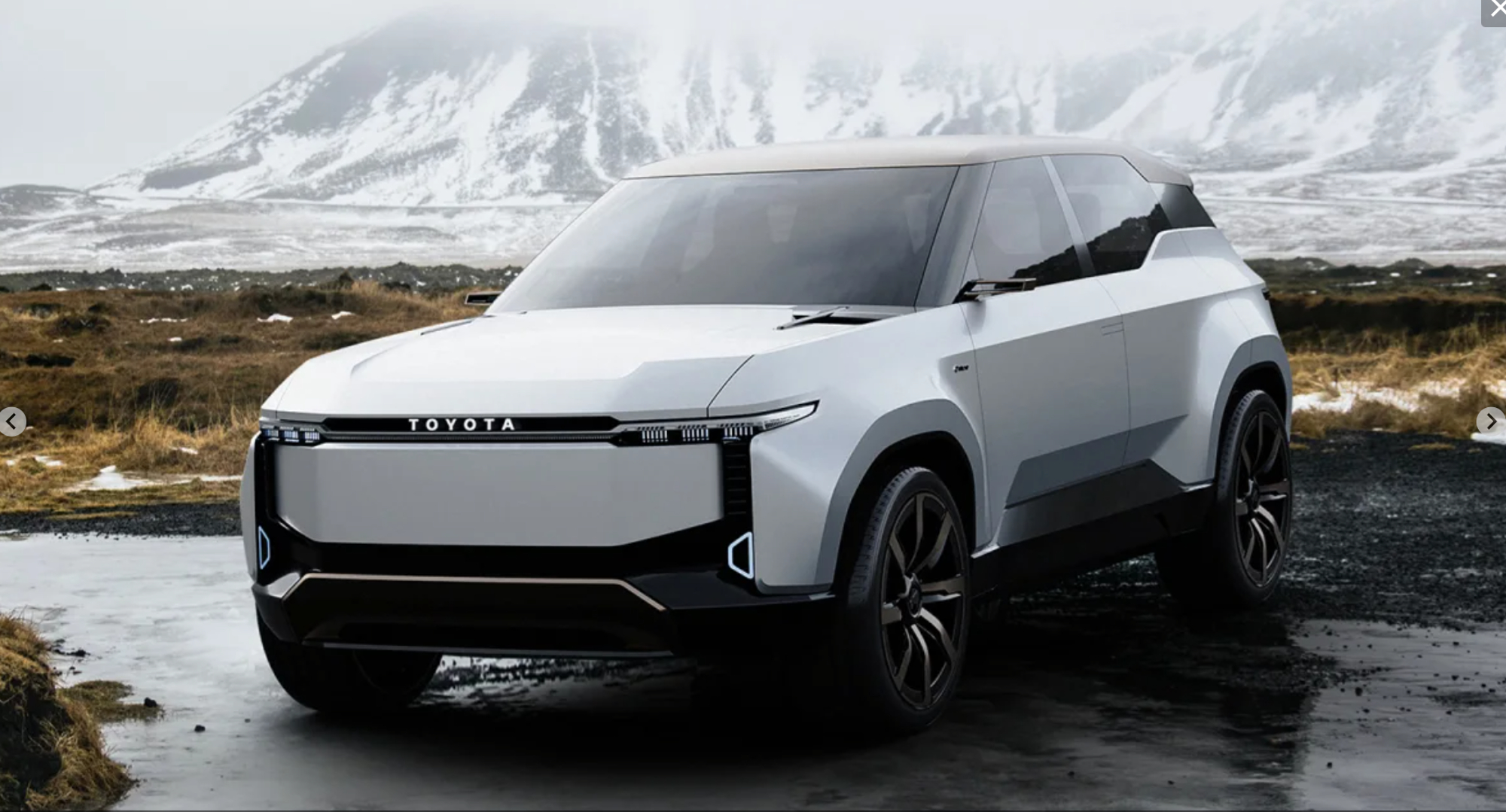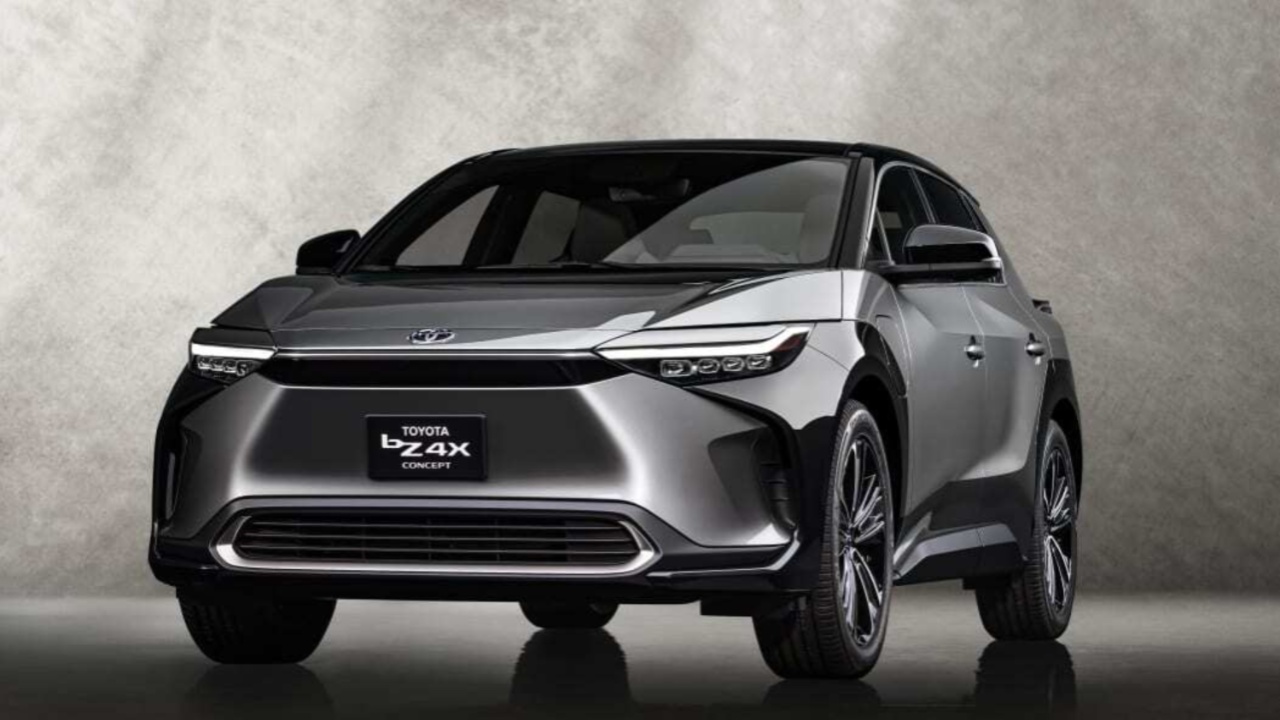Toyota recently celebrated a significant milestone, surpassing the production of over 300 million cars in its 88-year history. Despite being a pioneer in hybrid powertrains, the company has been cautious about fully embracing electric vehicles (EVs). However, under the leadership of new CEO Koji Sato, Toyota has undergone a remarkable shift in its approach to EVs, aiming to catch up with competitors through the introduction of numerous models and innovative battery technology.
Among the upcoming EVs is a three-row SUV scheduled for production at Toyota’s Georgetown, Kentucky plant starting in 2025. This model, targeting a similar market segment as the Kia EV9, will utilize batteries manufactured in Toyota’s Liberty, North Carolina factory. The North Carolina facility, currently employing 2000 people, is expected to expand to 5000 employees, and by 2030, it aims to produce 30 GWh of batteries annually, catering to various EV and plug-in-hybrid models.

Toyota is committed to manufacturing 3.5 million EVs annually by 2030, featuring 30 different models under the Toyota and Lexus brands. The company envisions a significant portion of this production taking place in the United States.
In terms of battery technology, Toyota plans rapid development, with insights provided during a recent visit to the Shimoyama Engineering Center in Japan. The first evolution involves an ultra-compact, high-performance next-generation lithium-ion battery, set to debut in 2026.
This battery, positioned under the floors of coupes and sedans, boasts a height of just 3.9 inches in its lowest configuration. It is expected to be 20 percent cheaper to produce than the bZ4X’s pack and enable a 10 to 80 percent fast-charge time of around 20 minutes, featuring a 900-volt architecture.
Following this, a more affordable next-generation pack is planned, designed for lower-cost models and utilizing lithium-iron-phosphate battery (LFP) chemistry with a bipolar internal design. This pack, anticipated to be 40 percent cheaper than the bZ4X’s battery, aims for a 30-minute fast-charge speed and around 315 miles of range in its largest configuration.
In 2027, a high-performance bipolar pack is slated for release, reverting to lithium-ion chemistry and a high nickel cathode. This pack is projected to be 10 percent cheaper than the performance battery, with a 20-minute 10-to-80 percent recharge time under optimal conditions and a range exceeding 400 miles.
Looking ahead, Toyota plans to introduce solid-state batteries as early as 2027, offering enhanced tolerance to high voltages and temperatures, improved energy density, and reduced weight. While the initial target is a 520-mile range with a 10-minute 10-to-80 charge capability, Toyota foresees subsequent evolution, pushing peak range up to 630 miles.
If Toyota delivers on these ambitious plans, it will transform from an EV follower to a leader, producing 3.5 million EVs annually across a diverse lineup by 2030. The company’s commitment to innovation and sustainability signals a substantial leap into the forefront of the electric vehicle revolution.

